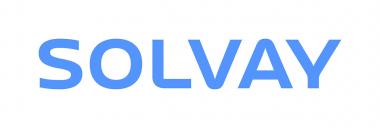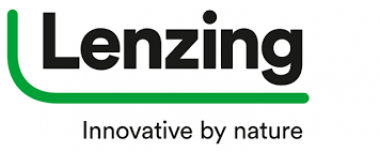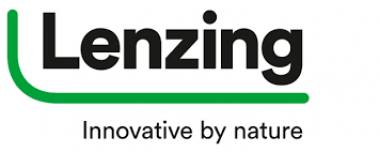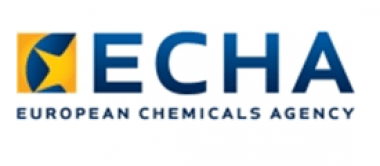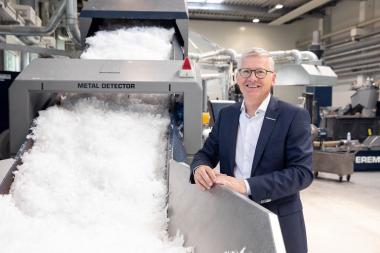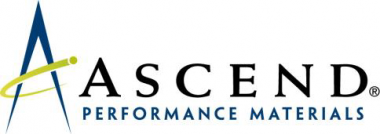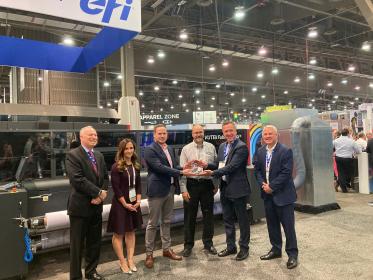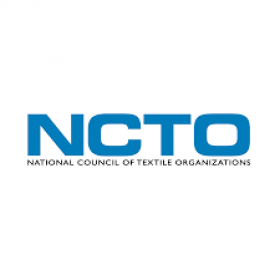Solvay: Full-year 2023 results
- Solvay’s FY 2023 financial statements reflect the Partial Demerger completed on December 9, 2023, with the Specialty businesses transferred to Syensqo classified as discontinued operations for 2023.
- New Solvay leadership team committed to drive the transformation of the company.
- Net sales for the full year 2023 at €4,880 million were down -12.6% organically versus 2022, driven primarily by volume declines. In Q4, net sales decreased organically by -18.9% from both lower volumes and prices.
- Underlying EBITDA of €1,246 million for the full year 2023 was stable (+0.2%) on an organic basis compared to a record 2022, with positive Net Pricing and lower fixed costs offsetting the drop in volumes. EBITDA in the fourth quarter was down -24.5% organically vs Q4 2022, fully driven by lower volumes, with variable costs reduction offsetting price erosion, while fixed costs decreased slightly.
- Underlying net profit from continuing operations was €588 million in 2023 compared to €740 million in 2022.
- Free Cash Flow of €561 million in 2023 (+17.3% vs. €479 million in 2022) resulting in a record FCF conversion ratio of 45.4%, thanks to the strong EBITDA performance and to the positive impact from working capital variation.
- ROCE was 20.4% in 2023, -2.5pp compared to 2022 as a result of lower profit.
- Solid balance sheet at the end of December 2023, in line with the target capital structure announced in November 2023, with an underlying net debt of €1.5 billion, which translates into a leverage ratio of 1.2x.
- Total proposed gross dividend of €2.43 per share, subject to shareholders’ approval during the next Ordinary General Meeting of May 28, 2024.
- Solvay continues to reduce its GHG emissions (-19% vs 2021, scope 1 and 2).
- 2024 Outlook: Organic growth of the underlying EBITDA of -10% to -20% compared to restated 2023; Free cash flow of minimum €260 million
2024 outlook
Across its product portfolio, Solvay expects current demand levels to continue over the next few months and, as such, expects H1 2024 volumes to be broadly in line with H2 2023. At this point, there is little visibility on the second half of the year, however there are signs that the trend in the second half could improve. Solvay expects Soda Ash prices over FY 2024 to be lower than FY 2023, consistent with the current market environment, which will affect the business margin in 2024. Pricing trends across Solvay’s other businesses are forecasted to be more resilient year on year.
Lower energy and raw materials prices should offset some of the negative pressure on the topline. More importantly, Solvay has started to implement cost savings initiatives that will start to deliver results in 2024.
For full year 2024, Solvay expects an organic growth of the underlying EBITDA by -10% to -20% versus a high comparison base in 2023, especially in H1. This translates into a range of €925 million to €1,040 million at a 1.10 EUR/USD exchange rate.
The organic growth of the underlying EBITDA is calculated from a 2023 restated figure of €1,154 million (vs a reported figure of €1,246 million).
Free cash flow to Solvay shareholders from continuing operations is expected to be greater than €260 million, in line with the cash usage prioritization presented during the Capital Market Day in November 2023. It is supported by Solvay’s ability to manage its capex and working capital to ensure the financing of its businesses and the payment of dividends while keeping the strength of its balance sheet intact.
Solvay remains committed to implement its strategic roadmap and reconfirms its 2028 targets as communicated at the Capital Markets Day of November 2023.
Solvay


